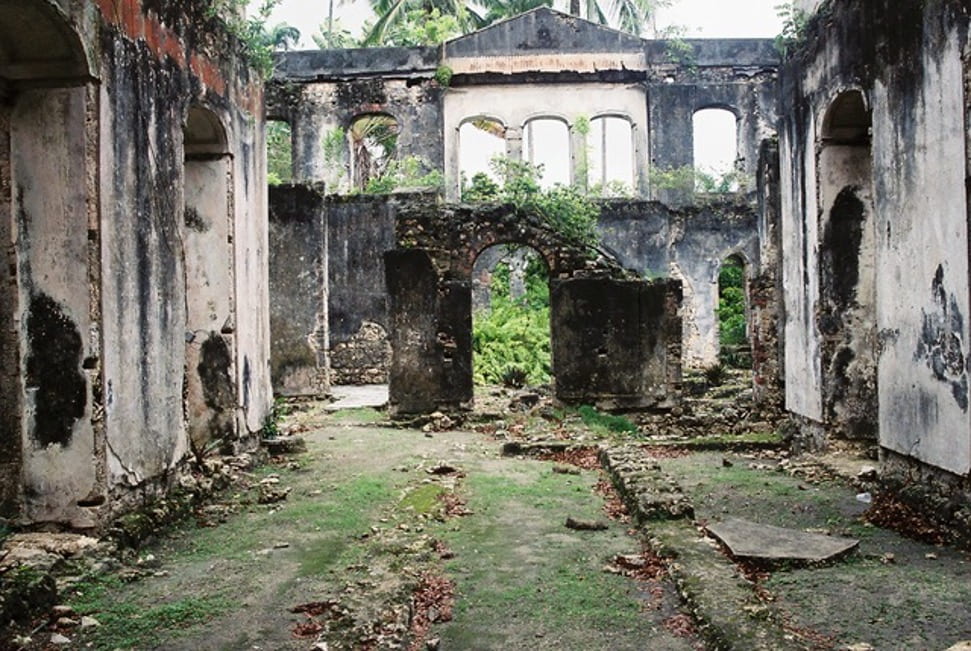
As a part of the UCSC Black Geographies Lab, our faculty and graduate students are sharing their syllabi inspired by and centered around the themes of our study. Below is the course description and link to Camilla Hawthorne’s graduate seminar syllabus. As the labs founding faculty member, Dr. Hawthorne’s reading lists and genealogy of thought are an inspiration to the lab as a whole.
SOCY290: BLACK GEOGRAPHIES
“Black is in the break, it is fantastic, it is an absented presence, it is a ghost, a mirror, it is water, air; black is flying and underground; it is time-traveling, supernatural, inter-planetary, otherworldly; it is in between the lines and it is postcolonial; black is bulletproof and magical and in every dark corner; black is social death, afro-pessimist, afro-optimist, afrocentric, afropunk, afrofuturist, soulful, neosoul, blues; it is negritude, postslave, always enslaved; black is like who/black is like me; black is everywhere and everything; it is make-believe and magic.”
– Katherine McKittrick, “Worn Out” (2017)
Seminar Description:
This seminar provides an introduction to recent scholarship about the relationship between Blackness and the production of space. As critical human geographers contend, “space” is not a blank slate upon which human activity unfolds; rather, the production of space is intimately intertwined with the production of difference. Black scholars have long recognized the complex spatialities of Black life, developing theories of diaspora, racial capitalism, and anti-/post-colonialism that are inherently geographical. Yet these interventions were long overlooked by the mainstream of disciplinary geography, thanks to various practices of knowledge production that—as Katherine McKittrick argues in Demonic Grounds—worked to efface a Black sense of place and the elide the ongoing relationship between anti-Black racism and the production of space.
This seminar poses two interrelated questions. First, how can insights from critical human geography help us understand the lived experiences, practices, and meanings of Blackness? And second, how can centering a “Black sense of place” in turn transform the way we think about space, place, and power? We will take on these questions by reading monographs and articles by scholars from geography, anthropology, sociology, Black feminism, and diaspora studies. In doing so, we will touch on a number of key themes in Black Geographies scholarship: gender and sexuality; racial capitalism; plantation futures; carcerality; urban geographies; health; and environment. We will also consider Black Geographies outside of the North American context, and spaces of intersection where emergent Black Geographic disciplinary formations meet fields such as Native Studies.
Link to pdf: SOCY290 – Black Geographies
Image credit: Katherine McKittrick